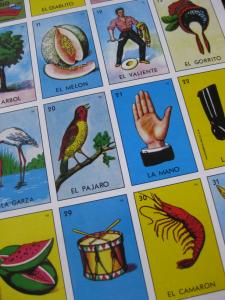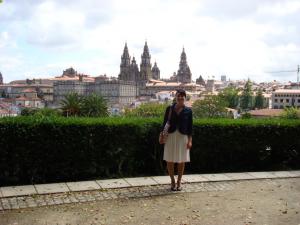El Norte: the ultimate immigrant story
Submitted by Nikki on
Title: El Norte
Released: 1983
Director:: Gregory Nava
Plot Summary
There's a reason your teacher made you watch El Norte in your high school Spanish class: it's a good movie with a thoughtful message. The movie opens in a small village in Guatemala in the early 80s, a time of government oppression, disappearances and torture which started a civil war that wasn't resolved until the early 90s.
After a massacre in their village, siblings Rosa and Enrique decided to flee to the US, el norte, a place they imagine to be as incredible as tv programs and the stories they've heard growing up portray. Their trip is dangerous, and their new life in America isn't quite as they imagined.
- Read more about El Norte: the ultimate immigrant story
- 1 comment
- Log in to post comments





